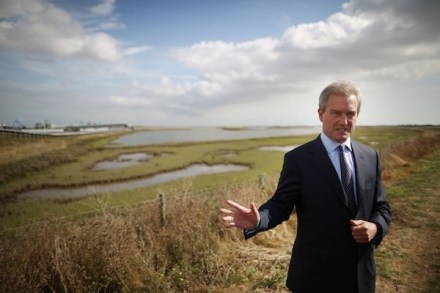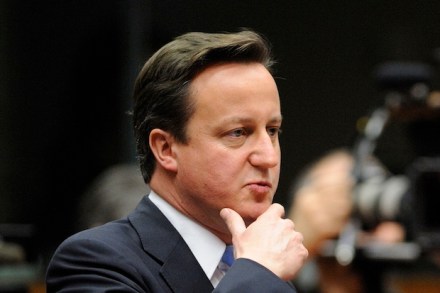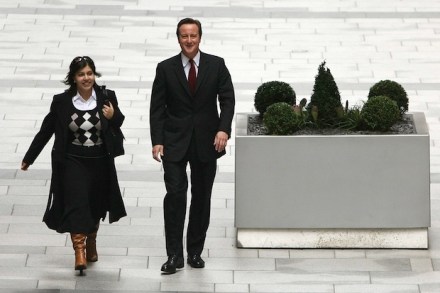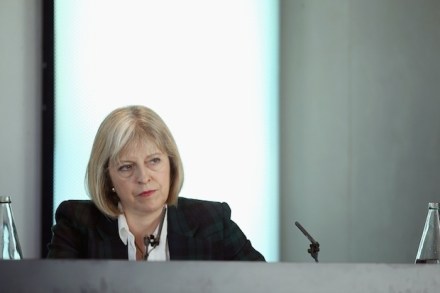Reshuffle 2014: How will Labour attack?
How will Ed Miliband deploy the reshuffle at Prime Minister’s Questions today? The Labour leader may not use it as his main theme, but he has plenty of elements from yesterday’s surprisingly big shake-up to work with. He could probe on just how good a reshuffle this has been for equality. Most of the focus is on gender equality, but some appointments yesterday were about more than just the ladies in waiting for a Cabinet post. Stephen Crabb, for instance, was raised by a single parent in a council house, although there seems to be more interest in his minority status as a bearded Cabinet minister. But though the advance



















